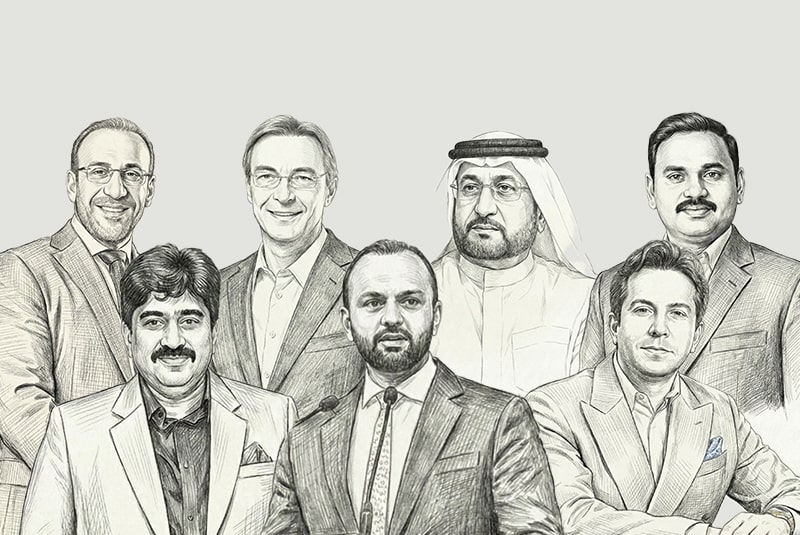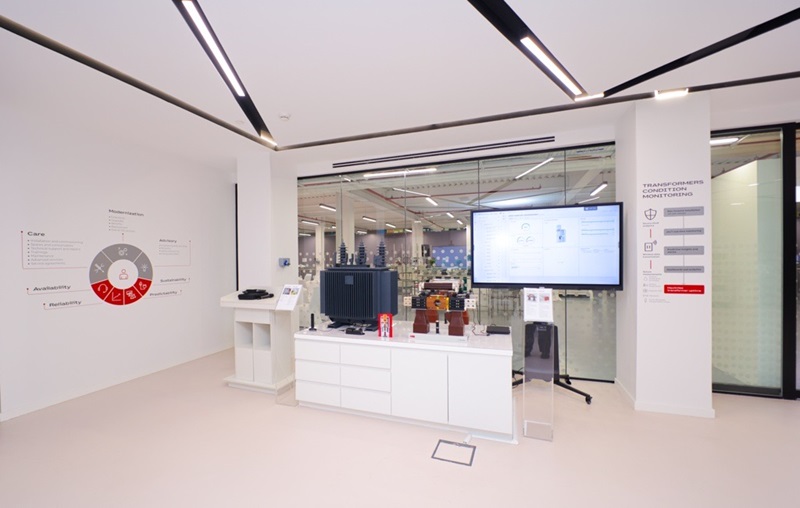
The Abu Dhabi Waste Management Centre (Tadweer) has stepped up its waste collection, transportation, clean-up, and sanitisation operations during Ramadan as part of its sustained efforts to curb the spread of COVID-19.
During the first half of Ramadan Tadweer collected nearly 46.67 tonnes of waste, which is equivalent to 3.11 tonnes per day, representing a 5% increase compared to other days. The waste management centre has deployed a specialised team of 7,000 supervisors, drivers, cleaners, and sweepers, who work around the clock in line with the highest precautionary measures.
Tadweer teams have transferred waste from more than 150,000 containers of different sizes to the approved disposal sites, where the waste is treated. The teams transferred waste using 211 electro-hydraulic compactors deployed across the emirate. The centre has also increased waste collection and transportation during Iftar and Suhoor to ensure the cleanliness of the emirate and protect the health and safety of its residents.
In addition, as part of its support to the national disinfection programme, Tadweer has also ensured the cleanliness and safety of the drive-through COVID-19 testing centres in Al Wathba, Mussafah, Madinat Zayed City in Al Dhafra, and Al Hili in Al Ain City. By providing these centres with dedicated containers, Tadweer has ensured the rapid removal and treatment of medical waste to prevent any risks to public health and the environment.
Commenting on the measures, the general manager of Tadweer, Dr Salem Al Kaabi said, “While the measures taken by the emirate have promoted social distancing during the Holy Month, Tadweer has adopted an innovative approach to increase environmental awareness.”
“The centre used a variety of electronic news portals, bulletins, and social media channels to disseminate guidelines on general hygiene daily, and to educate the public over the proper handling of household waste by disposing of in designated bins.”
“In carrying out this awareness drive, we highlighted the importance of rationalising consumption, segregating waste, and reducing food waste given its far-reaching environmental, economic, and social implications.”












.jpg)


.jpg)
